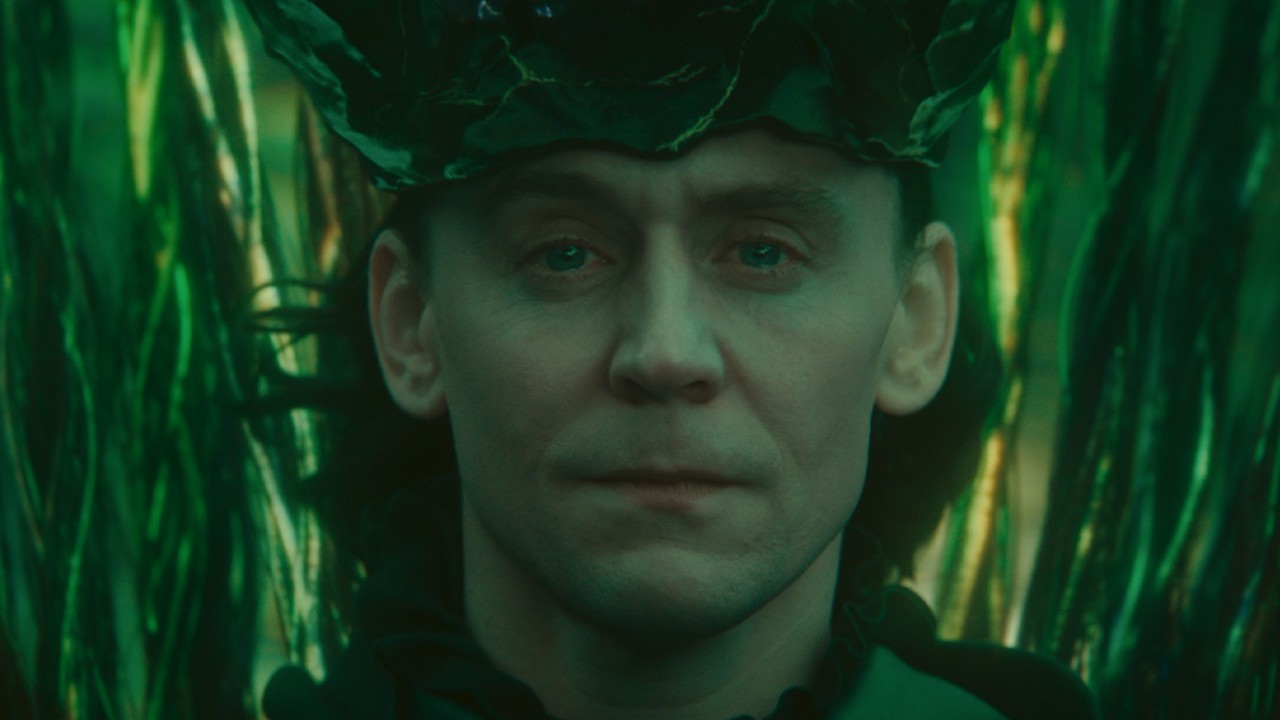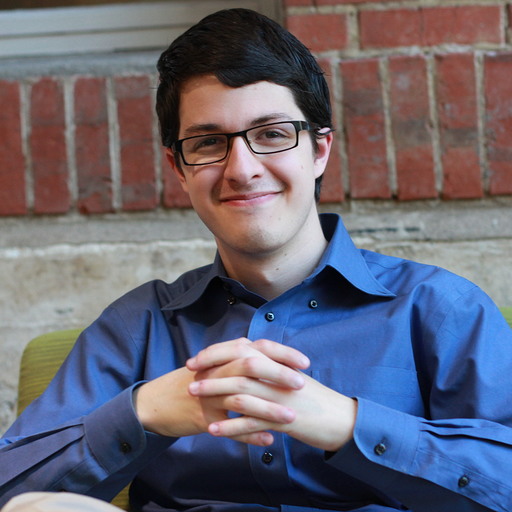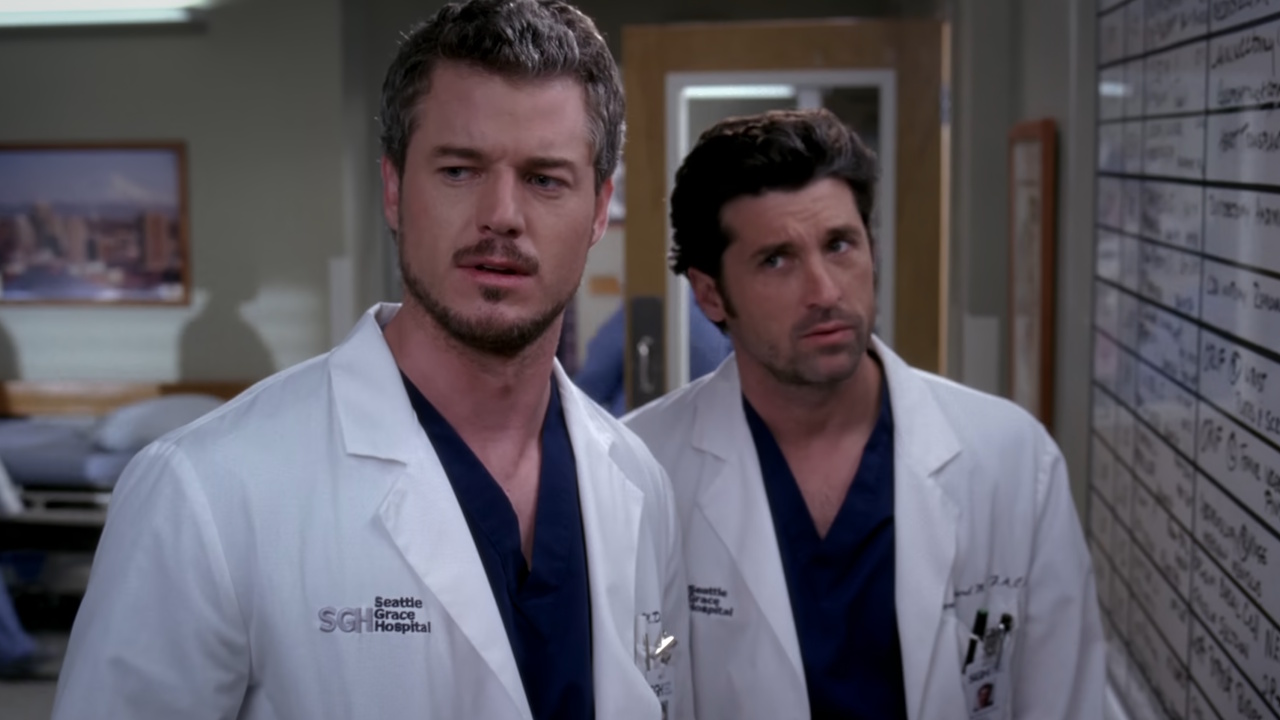Loki’s Tom Hiddleston Explains How He Came Up With The God Of Mischief's Final Line For Season 2
“I am Loki of Asgard and I am burdened with glorious purpose.”

While the Marvel Cinematic Universe’s original Loki met a gruesome end at the hands of Thanos in Avengers: Infinity War, a different fate befell the variant we followed along with in the Loki series, arguably one of the best Disney+ TV shows. At the end of the Loki Season 2 finale, titled “Glorious Purpose,” this version of the trickster god destroyed the Time Variance Authority’s Loom, used his magic to rejuvenate the dying timelines rearrange them to resemble Asgard’s Yggdrasil, and he took the throne to become the new overseer of the Marvel multiverse. The last words he spoke in the episode were, “I am Loki of Asgard and I am burdened with glorious purpose,” and Tom Hiddleston has shared how he came up with this final line.
Of course, those who remember the events of the Marvel movies in order quite well know that Loki said those same words in 2012’s The Avengers, which saw him attempting to conquer Earth. In an interview with Vanity Fair, Hiddleston started off explaining the origins of returning to this line for Loki with the following:
But to the point about that last line: one of the things I kept trying to guide our team back to was that the whole series, both seasons, was really about finding purpose, or re-finding, re-defining, re-discovering a sense of purpose. And I think a primal need in all of us, is that we need our lives to mean something. So I kept coming back to this line from The Avengers, ‘I am Loki of Asgard and I am burdened with glorious purpose.’ And we kept thinking, well, if Loki has a second chance, he gets to redefine his purpose or re-imagine it.
With The Avengers following a year after the release of Thor, which introduced Tom Hiddleston’s Loki to the world, the character was still in his villain phase, having allied himself with Thanos and being given the the Chitauri army and the mysterious mind-controlling scepter (later revealed to contain the Mind Stone) to use in exchange for retrieving the Tesseract, a.k.a. the Space Stone. This was a Loki who had no qualms of ruling over humanity, as he felt they needed to be subjugated. At that point in his life, he felt it was his destiny to reign supreme over what he considered to be lesser beings.
In sharp contrast, the Loki variant from the TV show said these same worlds to signify how he’d moved on to a benevolent higher calling. Unable to prevent the destruction of the TVA’s Loom that led to all of reality being erased, and also unwilling to go back and kill Sylvie so that she wouldn’t kill He Who Remains, Loki decided to take matters into his own hands. With the Loom gone, it’s now up to him to ensure that the infinite timelines are protected, and while it’s a solitary existence, it’s one that leaves him fulfilled. Tom Hiddleston continued:
I went for a run and was listening to some film scores, and it was a beautiful day. I was thinking about the journey of playing this character and where it started, and all the people that I have had the great good fortune to work with and become friends with—that completely unique kind of soul-sharing relationship where you make something together. And I remembered the end of the first Thor film, and how emotional that felt and. I just suddenly thought, that's what he should say—but it should mean something completely different. Loki's last line in Thor, directed by Kenneth Branagh, is, ‘I could have done it, Father. I could have done it for you, for all of us.’ And of course his effort to gain his father's pride has been misguided and ill thought-out. And then at the end of Loki season 2, 14 years later, he turns to Mobius and Sylvie and says, ‘I know what I want I know what kind of god I need to be. For you. For all of us.’ It felt very resonant somehow. I hope the audience picked up on that.
Loki’s life didn’t go the way he originally envisioned, but like he told his friends at the TVA, he’s become the god he needs to be. Both he and his original counterpart found redemption in different ways, and while it’s doubtful we’ll ever see the latter again, at least the possibility of seeing the former again is on the table, if not likely. After all, we’re in the middle of The Multiverse Saga, and even though it’s unclear what will be done with the countless versions Kang the Conqueror is uncertain following Jonathan Majors being fired, it stands to reason there will eventually come a point were we check in on Loki again if we continue exploring other universes in the MCU.
If you’re in the mood to rewatch Loki, or perhaps you read this article and haven’t even watched the show, it can be easily accessed with a Disney+ subscription. Otherwise, look over the upcoming Marvel movies and upcoming Marvel TV shows to see what excites you most about what’s on this franchise’s horizon.
Your Daily Blend of Entertainment News

Connoisseur of Marvel, DC, Star Wars, John Wick, MonsterVerse and Doctor Who lore, Adam is a Senior Content Producer at CinemaBlend. He started working for the site back in late 2014 writing exclusively comic book movie and TV-related articles, and along with branching out into other genres, he also made the jump to editing. Along with his writing and editing duties, as well as interviewing creative talent from time to time, he also oversees the assignment of movie-related features. He graduated from the University of Oregon with a degree in Journalism, and he’s been sourced numerous times on Wikipedia. He's aware he looks like Harry Potter and Clark Kent.
